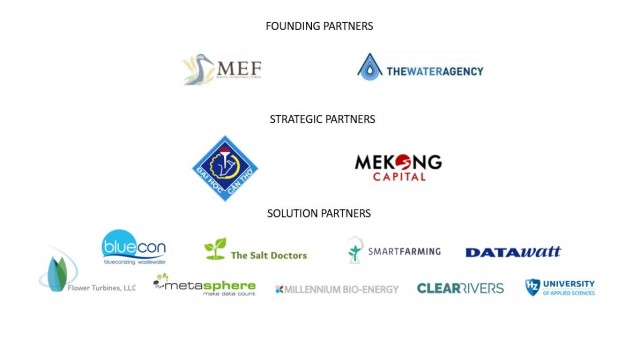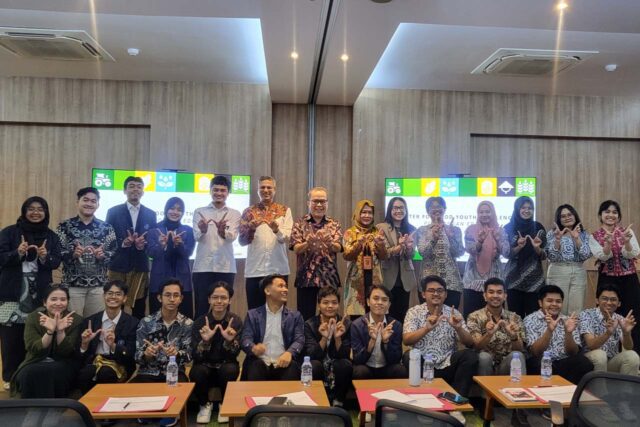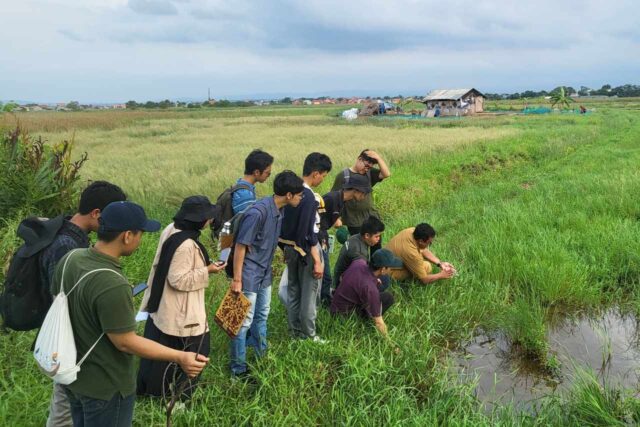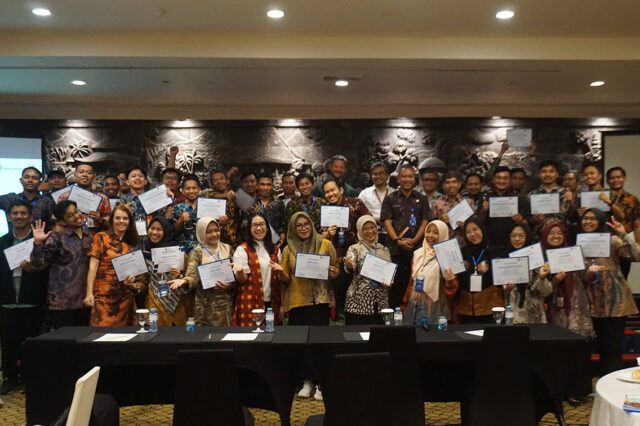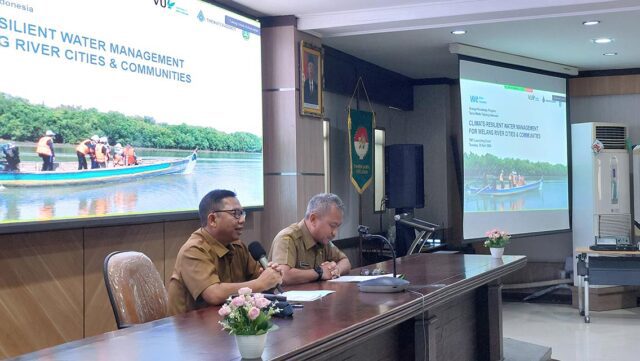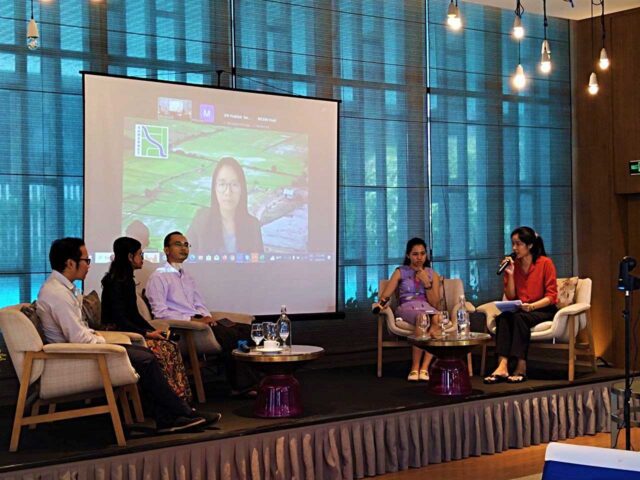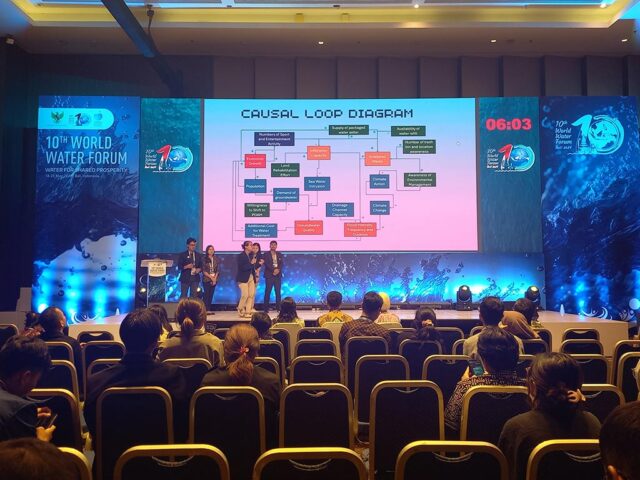Pilot concept
On 30 October 2020, the Mekong Environment Forum and The Water Agency jointly hosted an online/onsite workshop in Can Tho City, Vietnam in response to the Vietnamese Government Resolution 120 on Sustainable and Climate-Resilient Development of the Mekong Delta. The workshop brought together over 46 participants from provincial governments, farmers, women unions in the Mekong Delta, NGOs, and research institutes from Hanoi and Ho Chi Minh City. Twenty-one participants from technology providers and universities in The Netherlands, U.S., U.K. and Japan also virtually attended the event.
The workshop morning sessions highlighted some specific promises brought by the Government Resolution 120 that local communities and economic stakeholders may enjoy, and they discussed the emerging challenges impeding the translation of the Resolution into on the ground deliverables. The challenges included: inadequate climate change governance capacity of local policy-makers; misunderstanding of the nature of the Resolution 120; a lack of inter-sectorial and inter-provincial coherence and interconnectedness in response to the shared environmental concerns; and a lack of science-based decision-making. Representatives of farmers and women union presented their grassroots collective climate action initiatives that have proven successful. Some of the farmer-driven solutions have been scaled up and recognised in local climate adaptation policies, but are decreasing due to complex environmental changes. This highlights a combined need for diverse solutions and technologies since climate change impacts are inter-sectorial.
To that end, the afternoon sessions focused on producing an action-driven pilot program that brings together the stakeholders, including local and international solution providers/suppliers, provincial authorities, local farmers, academia and investors. Solution partners speakers from Holland and the U.K. have introduced their solutions and state-of-the-art technologies that offer potential to support climate-adaptive development in the Mekong Delta. The workshop’s participant organisations agreed to introduce a model where circular and combined solutions could be implemented in at-risk communities in An Giang province. The sessions examined how this approach generates different concrete and tangible impacts on local livelihoods and ecosystems. The workshop results provided an opportunity for MEF and TWA to proceed toward the next step to bring together local research institutes such as Institute for Circular Economy Development in Ho Chi Minh City, the Institute for Climate Change Studies (Ministry of Environment and Natural Resources) and An Giang provincial authorities to discuss the pilot area and methodology.
The partners that are involved in the project are: Mekong Environment Forum, The Water Agency, Can Tho University, Smart Farming, Clear Rivers, HZ University of Applied Sciences, Bluecon, Millennium Bio Energy, Flower Turbines, The Salt Doctors, Datawatt and Metasphere. On the cover page, the function of each partner is visualised, and it is possible to see how each partner is necessary to come up with an approach for community-level climate adaptation.
For more information check the Vietnam Water Portal or the website of the Mekong Environment Forum.
